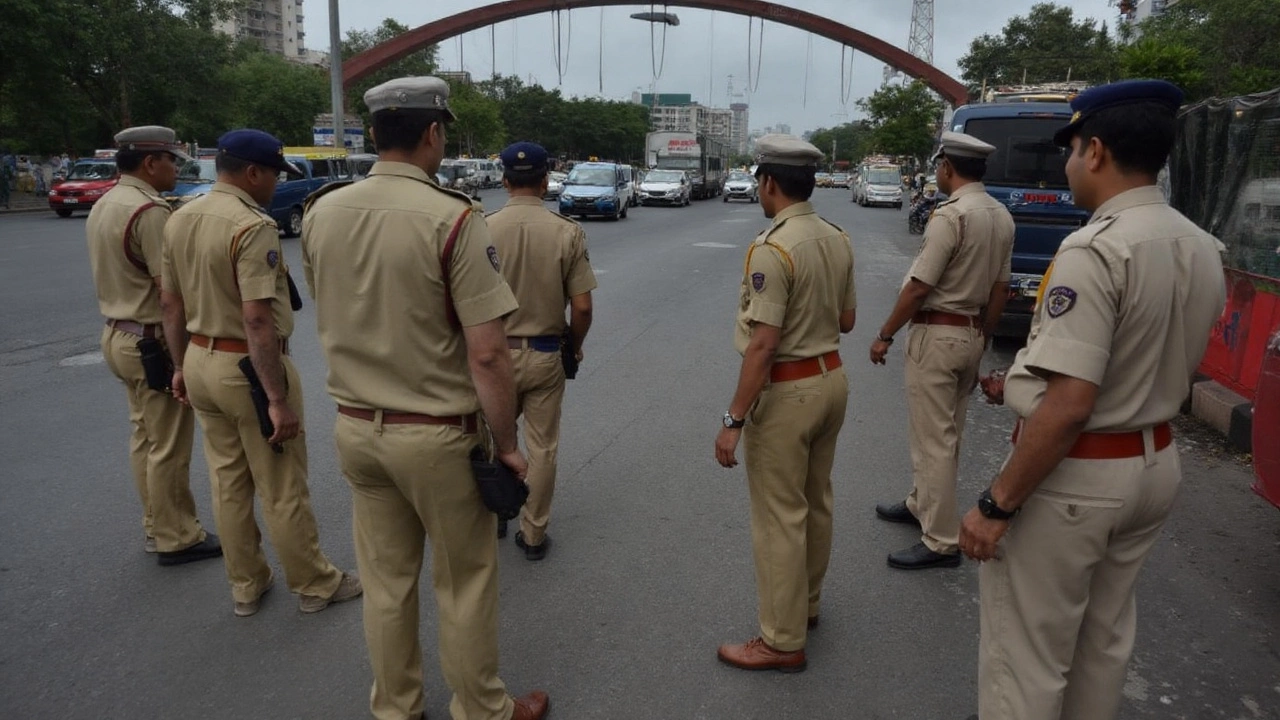Mumbai Underworld: History, Key Players, and Latest Trends
Mumbai’s underworld has shaped the city’s streets, politics, and business for decades. If you follow crime news, you’ve probably heard names like D-Company and seen headlines about extortion, smuggling, and underworld links to real estate. This page gives clear, practical background so you know what happened, who’s involved, and what to watch now.
How the Mumbai underworld grew
The rise began in the mid-20th century with small-time gangs that moved into smuggling, protection rackets, and betting. Over time some groups became organized networks handling illegal trade, extortion of small businesses, and influence over local neighbourhoods. Famous syndicates moved into money laundering, film financing, and real estate, which made their reach wider than street crime.
Key activities that defined the underworld included smuggling of gold and contraband, protection money from shops and contractors, contract killings, and running illegal gambling rings. These activities created money and power, and that money often flowed into legitimate businesses to hide origins.
Who mattered — and still matters
Certain names shaped public understanding of the underworld. Some groups became known for organized, long-running networks that operated inside and outside India. Law enforcement focused on these figures because breaking the top layer often revealed wider crime links. Courts, investigations, and media coverage over years chipped away at many gangs, but new players and changing crimes keep the problem evolving.
Today the scene is less about visible street fights and more about hidden networks: online fraud, financial crimes, and influence in property deals. That shift makes detecting and prosecuting crime harder for police and prosecutors.
So what does this mean for residents? First, visible gang wars are less common than before, but economic crimes still affect everyday life — extortion, fake investments, and fraudulent schemes can hit ordinary people. Second, corruption and weak systems let some illegal money enter the legitimate economy, raising prices and skewing neighbourhood development.
If you follow news on this tag, look for reliable reporting that cites police statements, court documents, or official investigations. Avoid sharing rumors or sensational claims without sources; those spread fear and make real problems harder to solve. If you have useful information about a crime, report it to local police rather than social media.
Finally, watch for two big trends: more crimes moving online, and increased cross-border links where networks use digital payments and offshore structures. Law enforcement is adapting with cyber units and financial probes, but public awareness matters too — stay informed, check reputable news sources, and be cautious about offers that seem too good to be true.
This tag collects updates, background pieces, and analysis so you can follow developments without the noise. If a new case pops up, expect reports on police action, court progress, and what it could mean for local communities.
Arun Gawli Walks Free After 17 Years: What His Bail Means for Mumbai’s Underworld
Seventeen years after his conviction under MCOCA, Mumbai strongman Arun Gawli has been granted bail by the Supreme Court in the 2007 corporator murder case. His release returns a once-dominant figure to a city where the old underworld is leaderless. Police and residents are watching whether he keeps a low profile or rebuilds influence through proxies.
learn more